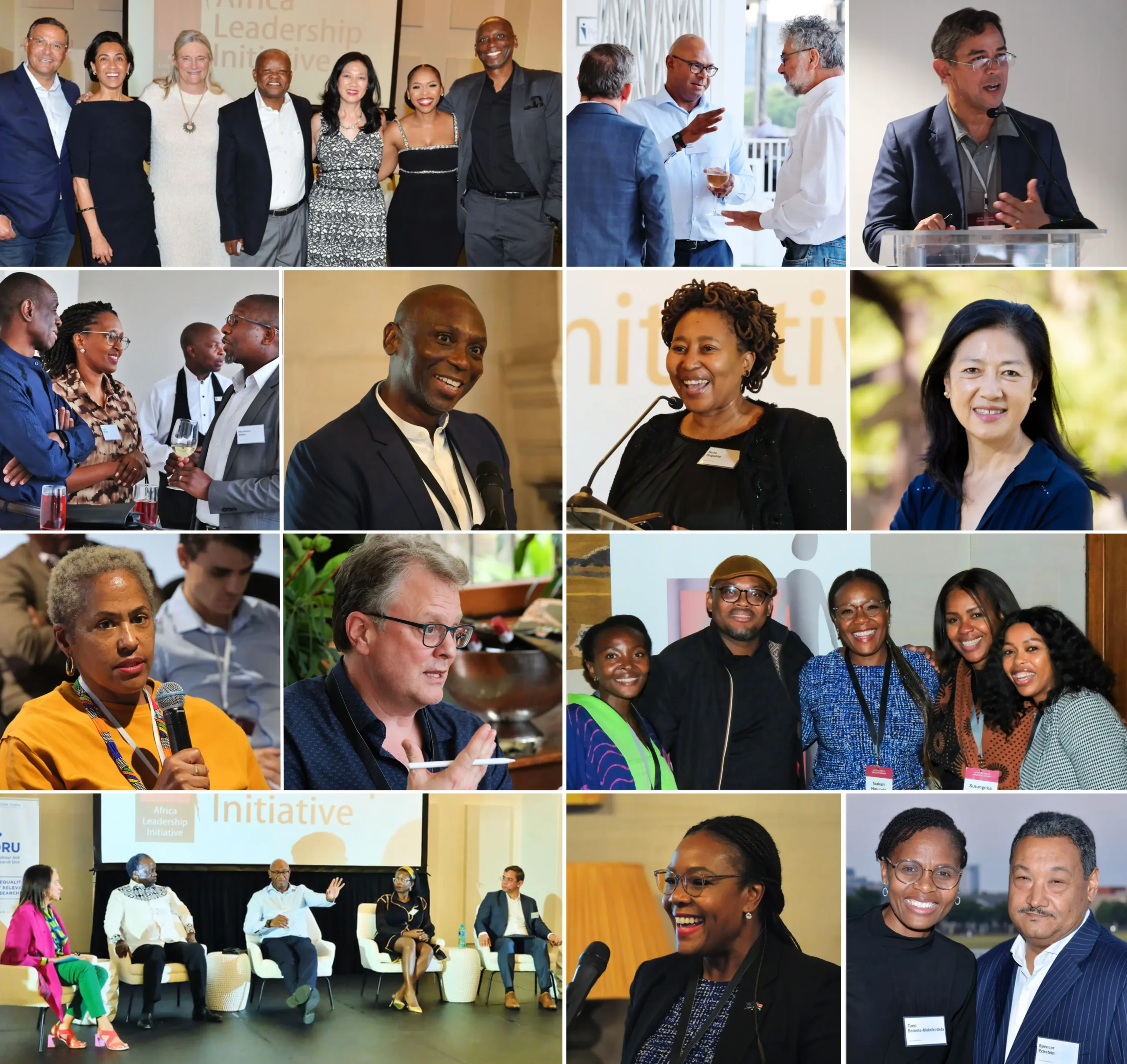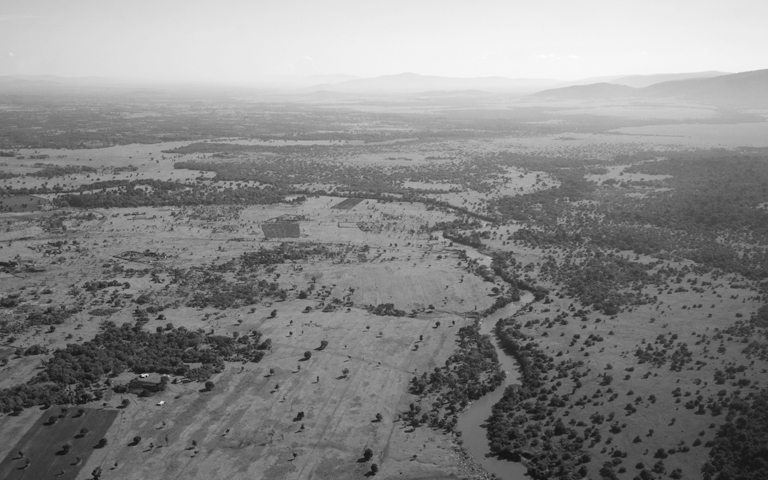What responsibility do today’s leaders have?
by Anthea Houston (Class II: Kilimanjaro)
In the past six months, much has been written and said in the Press, in social media, and in various public forums, about ownership and control over South African land. Much of this debate has been inflammatory and divisive, and frequently it has been blatantly racist. If we listen beyond these emotive voices, however, we can clearly hear the cry for personal security and socio-economic prosperity, both promised in our country’s Constitution.
In June 2018 The African Leadership Initiative will enter the fray with dialogue on the topic led by Justice Albie Sachs. How do we approach this debate as civil society, public sector and private sector leaders? What responsibility do we have in this affair when South Africa’s land crisis is rooted in the nation’s colonial history and the separate development policies of the past? These policies dispossessed people of their land and relegated them to desolate suburbs and bantustans. Today, the very nature of the free market economy makes it nearly impossible for historically disadvantaged and poor people to own land (and, by extension, to access decent housing) despite the freedom of movement that democracy has brought.
This is because the price of land and housing is ever increasing, placing it further and further out of reach. The rise in land and house prices is driven in part by the significant spending power of our nation’s upper classes, institutional investors and foreigners from developed economies purchasing property with the strength of their euros or dollars. All of this is a by-product of growing inequality within South Africa, and is driven by the State’s reluctance to intervene more effectively in the forces at play in the land and property markets, for the benefit of the poor.
The argument against such interference centres around destruction of value, but this argument only holds if we value the principle of survival of the fittest above that of human dignity and social justice for everyone.
Those of us privileged to have it, protect our land because we recognise its economic value. At the same time we collectively overlook the social value of land; its unique and unrivalled ability as a finite natural resource to unlock socio-economic opportunities for private holders or for the good of all in society.
There is a great responsibility on those of us who hold the notion of Aristotle’s good society dear, and who recognise that our own wellbeing is intrinsically interwoven with that of others. We have to step into the ring and risk being “marred by dust and sweat and blood” as Rooseveldt put it. We must enter the fray to help find and pursue the practical solutions to the land conundrum that will bring about social justice and cohesion in our society.
Anthea Houston is CEO Communicare NPC and Class II: Kilimanjaro Fellow.








